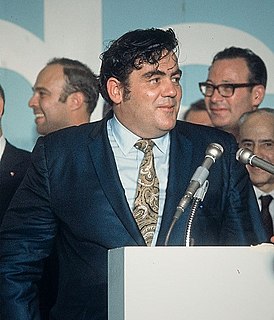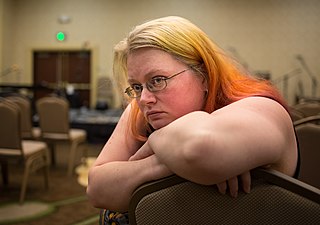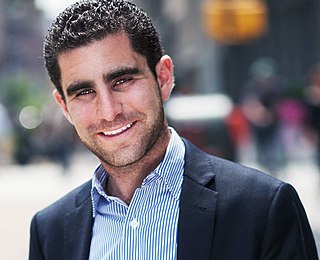A Quote by Noel Gallagher
If everyone in the music business were brutally honest about what their intentions were then you could sort things out, but it's all smoke and mirrors.
Related Quotes
All political power is primarily an illusion. Illusion. Mirrors and blue smoke, beautiful blue smoke rolling over the surface of highly polished mirrors, first a thin veil of blue smoke, then a thick cloud that suddenly dissolves into wisps of blue smoke, the mirrors catching it all, bouncing it back and forth.
One has to say that they [Eleanor and Franklin Roosevelt] were pioneering to some extent. They didn't know that some of the housing projects that they were putting up for the poor were going to turn into crack dens and rapists' bowers and things of that sort, which they have since become. But you can't always foresee the future. I'm sure their intentions were the best.
Ringo: 'I do get emotional when I think back about those times. My make-up is emotional. I'm an emotional human being. I'm very sensitive and it took me till I was forty-eight to realize that was the problem! We were honest with each other and we were honest about the music. The music was positive. It was positive in love. They did write - we all wrote - about other things, but the basic Beatles message was Love.
I didn't write any music at all, and then, I remember Jon Anderson being very insistent saying that there were two kinds of musicians: the ones who wrote music and the ones who didn't. And clearly the ones who wrote music were more superior human beings in his mind. So he kind of nudged me and sort of prodded me into it. I picked it up slowly. Then I learned more about chords and harmony and I just kept adding to that. One of the great things about having good players in your band is that you just ask them questions. You can pick up some good information that way.
In rock music, you have a big success before you turn 30, then there is sort of a decay. Then there is the reunion, and everyone is waiting to hear what you were doing when you were 20, and nobody cares what you are doing at 50 or 60. But the more I continue, the more I produce, the more I play every year in bigger places.
My siblings and I were raised like tenants, to be honest. There was a total absence of intimacy in my family, though there was still a great deal of camaraderie among the kids. Things were set up almost like a business, and it had to be managed that way because we were really poor, and there were a lot of mouths to feed.
My family was in two businesses - they were in the textile business, and they were in the candy business. The conversations around the dinner table were all about the factory floor and how many machines were running and what was happening in the business. I grew up very engaged in manufacturing and as part of a family business.
One of the things I've probably absorbed when I was in business school - and didn't know I was learning it - was about life cycles, that things begin, and they peak, and then they decline. So whether you look at life cycles of fashion, or you look at life cycles of things that people buy, designs, everything is in a life cycle. Getting out of the apparel businesses and into beauty and lingerie, those were very big bets, but they were very deliberately thought about and tested over time.
Something else was different when we were young: our parents were outdoors. I’m not saying they were joining health clubs and things of that sort, but they were out of the house, out on the porch, talking to neighbors. As far as physical fitness goes, today’s kids are the sorriest generation in the history of the United States. Their parents may be out jogging, but the kids just aren’t outside.




































